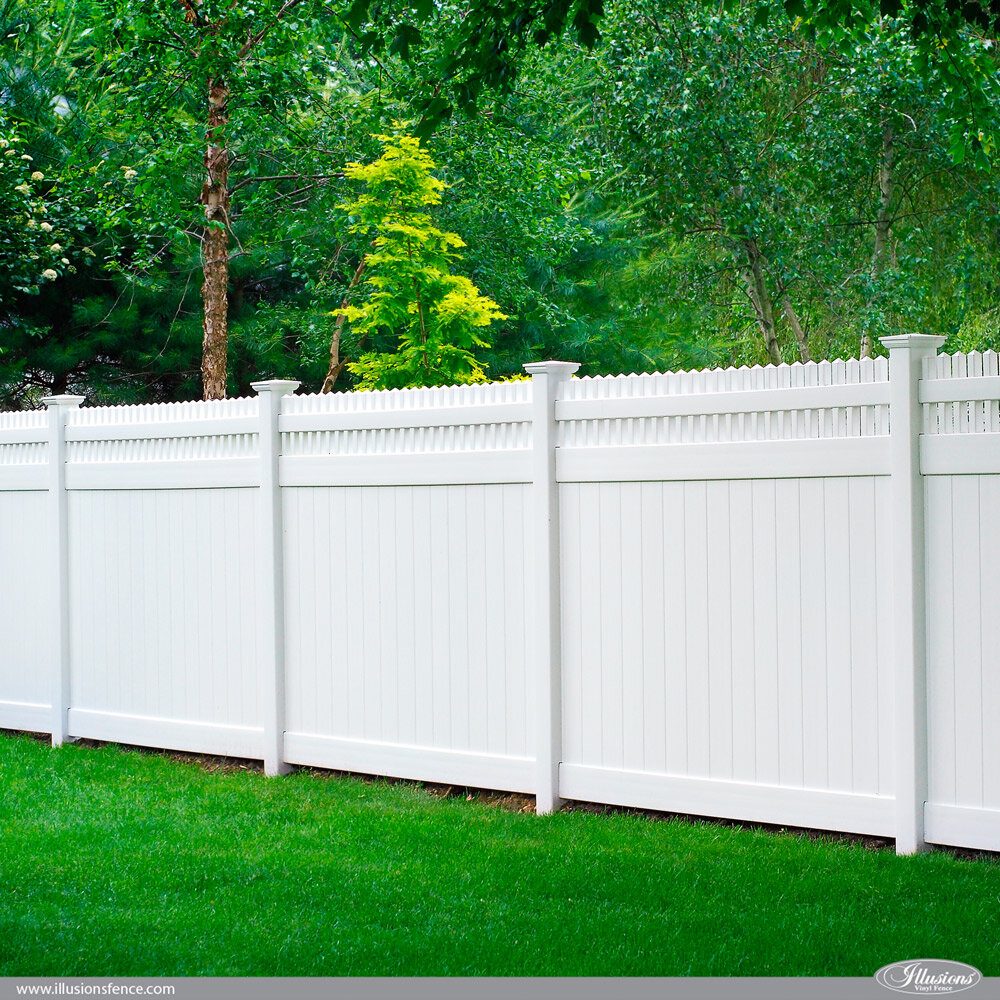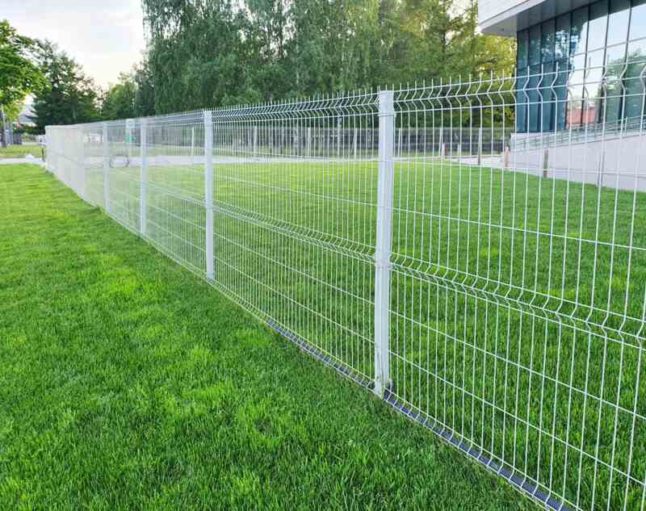All Categories
Featured

Choosing the ideal fencing product is important for attaining the equilibrium of resilience, looks, and performance that suits your property. Wood, plastic, and aluminum are prominent selections, each with special functions that satisfy details demands. Below's an in-depth check out the benefits and negative aspects of these three products.
Wood Fencing. Pros:. Classic Appeal: Timber uses an all-natural, classic appearance that complements different architectural designs. Customizable: It can be repainted or tarnished in a variety of shades and layouts. Cost effective: Timber fencings are typically less costly ahead of time than plastic or light weight aluminum. Eco-Friendly: As a renewable source, timber is lasting and naturally degradable when sourced responsibly. Cons:. Maintenance-Intensive: Calls for normal staining, paint, or securing to protect versus weather condition and insects. Shorter Life Expectancy: Depending upon the type of wood and environment, it commonly lasts 10-15 years. Susceptability to Damage: Prone to decaying, warping, and termite damage without correct treatment. Wood is optimal for homeowners who value appearances and are ready to invest time and effort in maintenance to prolong its life.
Vinyl Fence. Pros:. Sturdy: Resistant to bugs, rot, and weather, plastic maintains its structure in harsh problems. Reduced Upkeep: Needs little maintenance beyond occasional cleansing. Long Lifespan: Plastic can last 20-30 years without considerable wear or damage. Functional Designs: Readily available in numerous shades, appearances, and styles, consisting of alternatives that resemble timber. Cons:. Expensive Installment: Vinyl fences are much more expensive to mount contrasted to timber. Fragile in Winter: Vinyl can break in extreme cool climates. Difficult to Fixing: If damaged, whole sections might require substitute, which can be testing to match. Vinyl fence is a fantastic selection for those prioritizing longevity and minimal maintenance, also if it includes a greater ahead of time expense.

Aluminum Secure Fencing. Pros:. Rust-Resistant: Light weight aluminum does not corrosion, making it ideal for humid or damp locations. Lightweight but Strong: Offers stamina without being overly hefty, which simplifies setup. Reduced Upkeep: Requires little greater than cleansing and occasional repainting. Durability: Light weight aluminum fences can last for decades without significant damage. Classy Layouts: Typically used for attractive functions, aluminum adds class to any type of home. Cons:. High First Expense: Aluminum fencings are among the a lot more expensive alternatives. Limited Personal privacy: Frequently created with open spaces, they don't obstruct views or sound. Vulnerable to Damages: While sturdy, light weight aluminum can be nicked or curved with hefty effect. Light weight aluminum is finest suited for those who want a durable, stylish fencing and do not require total privacy.
Making the Right Option. Each product has its staminas and weak points:

Timber is ideal for conventional aesthetics and eco-conscious customers who do not mind upkeep. Vinyl benefits property owners seeking a weather-resistant, low-maintenance solution. Aluminum is a sturdy, ornamental choice for those that want elegance and durability. Consider your top priorities-- whether it's price, appearance, personal privacy, or upkeep-- and consult a fence specialist to select the material that finest satisfies your needs. A well-selected fencing will certainly enhance your building for many years to find.
Latest Posts
Find Out Cut Costs on Car Maintenance with Montclare Auto Repair’s Special Deals
Published May 29, 25
1 min read
Boost Your Building with Expenses Door Equipment
Published May 26, 25
1 min read
Find Affordable Auto Repairs with Montclare’s Limited-Time Service Specials
Published May 24, 25
1 min read